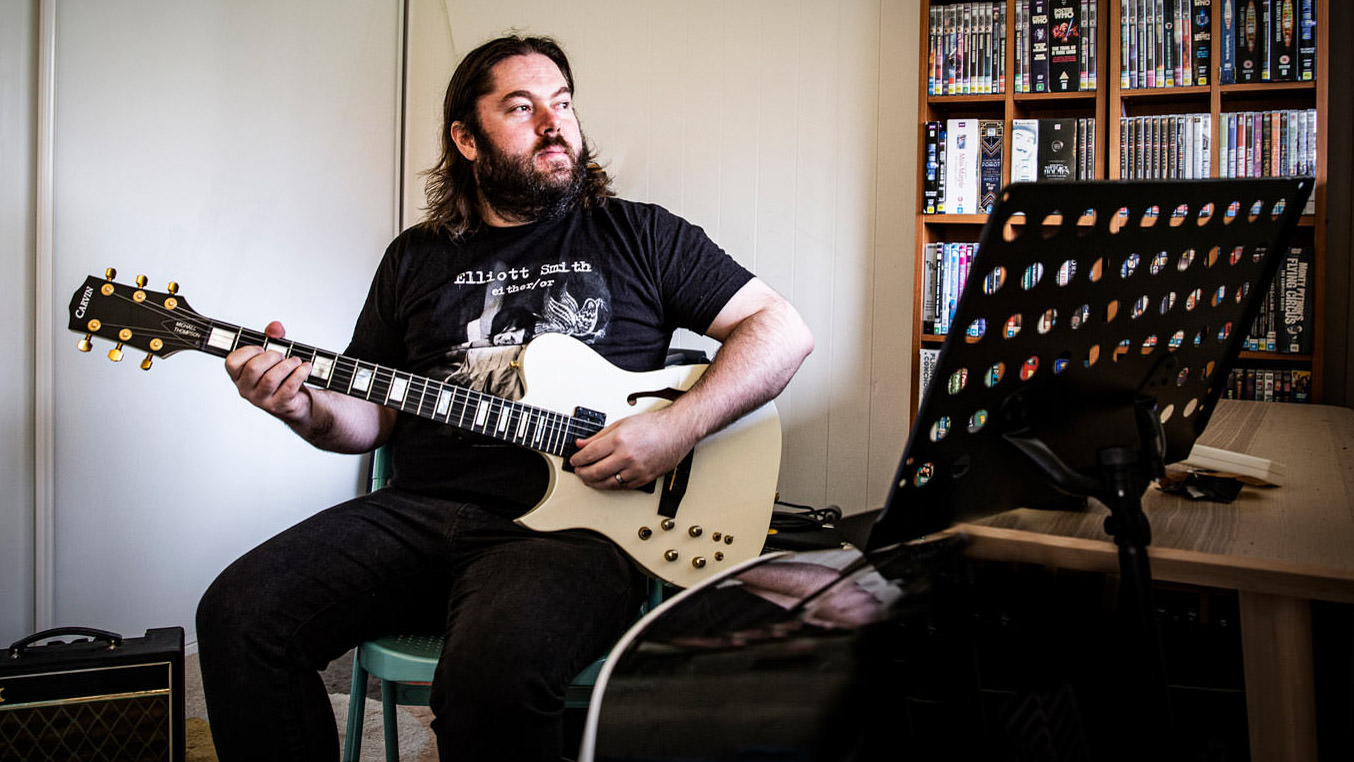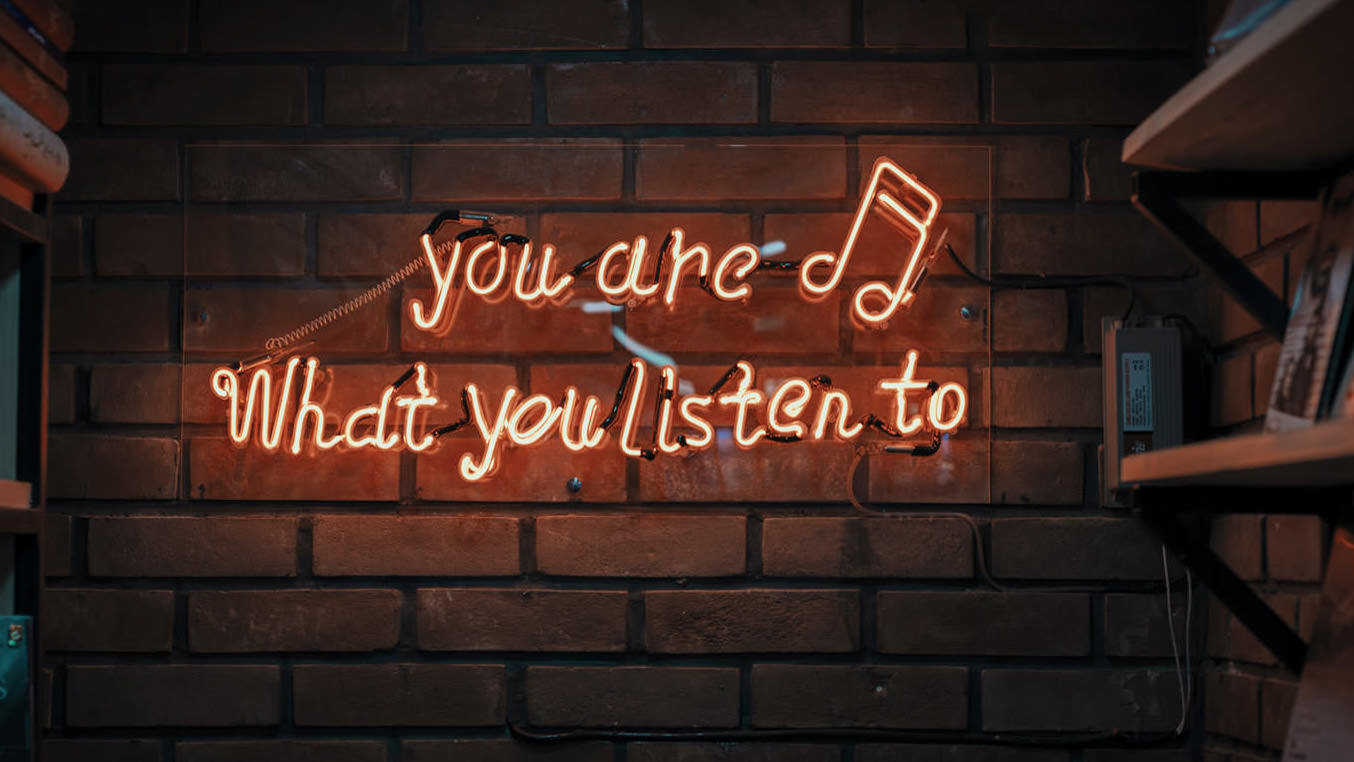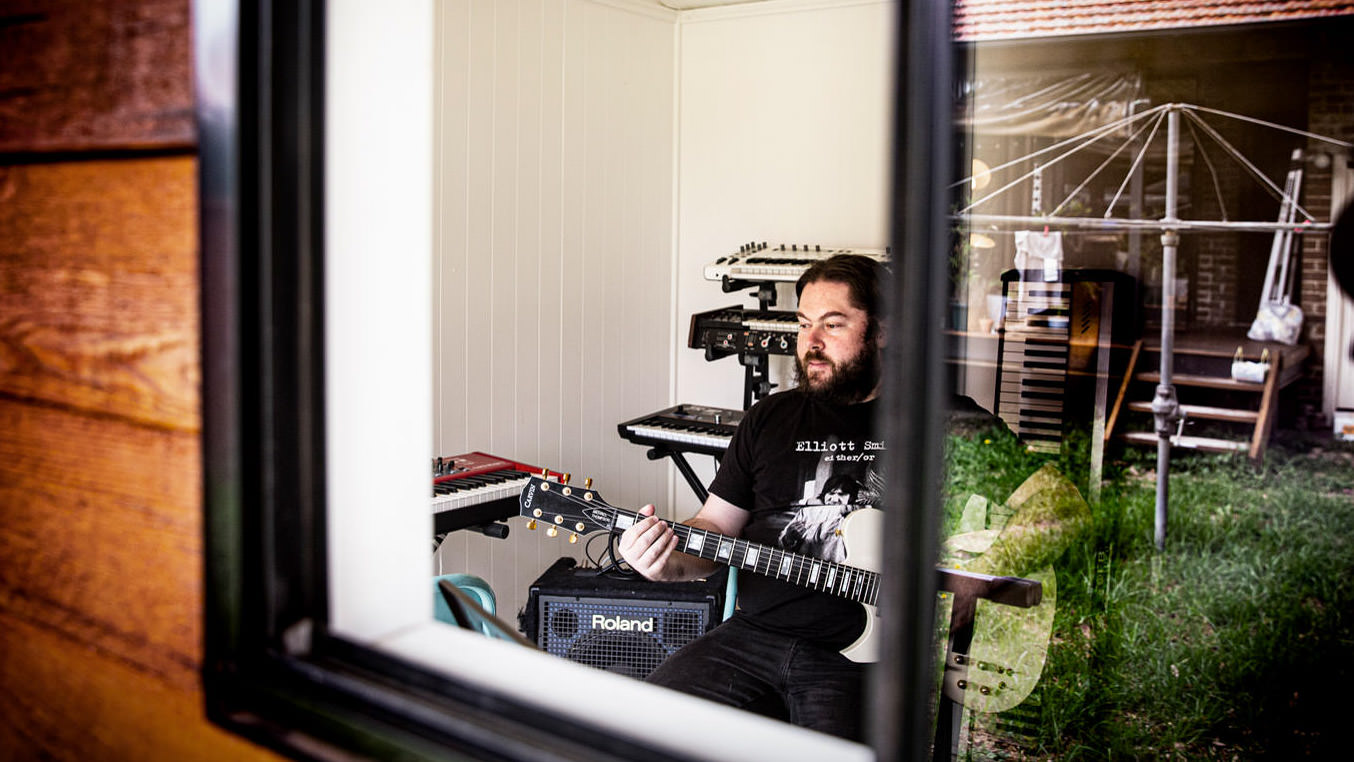Subscribe to The Stand
Want more UOW feature stories delivered to your inbox?
What songs bring you comfort in times of stress?
In a recent episode of Rolling Stone's podcast Music Now, presenter Brian Hiatt spoke to a handful of musicians and magazine writers to find out what they were listening to as a way to soothe the soul during the COVID-19 pandemic.
The results were both surprising and startlingly personal. From death metal to dance music, the songs of a '90s childhood to the classics of the '60s, and even a bit of Harry Styles, it seems everyone has a different song for getting through times of stress.
It is a sentiment echoed by Dr Tim Byron, Lecturer in the School of Psychology at the University of Wollongong, who says that contrary to what we might think, there is no one song or one type of music that can provide comfort. It is often a matter of choosing music that echoes a place of security for the listener on a personal level, rather than an engineered Spotify playlist that promises to boost your mood (although those can be good, too!).
"There isn't one playlist for everyone," says Dr Byron, who studies music psychology. "People have different experiences with music. For some people, classical music is what they're comfortable listening to, others may like hip hop."There's no universal type of music that makes everyone happy. The notes in music itself are just vibrations in the air, and the same vibrations have been taken in different cultures to mean quite different emotions. It comes down to what you like and what you respond to."

Music has an impact on our physiological state. We literally feel different types of music in our bodies.
According to Dr Byron, research has shown that when we listen to our version of happy music, our breathing becomes faster and shallower. Sad music slows the heart rate and decreases our skin conductance. We breathe more quickly when listening to music that is fearful, so our blood is being pumped through our system at a greater rate.
"We may notice all this or we may not," Dr Byron says. "We have to remember that while there is a cognitive element to our emotions, emotions are also inherently physiological. We literally feel our emotions. When we are anxious, our heart skips a beat and we have butterflies in our stomach.
"Our brain analyses the sounds coming in through your ears, and this can change your physiological state. We will feel things listening to music."

In times of sadness and grief - which is what many of us are experiencing as the pandemic unfolds - we often, anecdotally, seek out songs that endorse our state of mind. Think Adele, Elliott Smith, Leonard Cohen. Dr Byron says research has shown that, for some people, listening to sad music while you're down can, conversely, make you feel better.
"What music can be useful for is regulating the emotions that you have. If you are feeling anxious about what is going on in the world, and you want to reduce that anxiety, slower music can be good for that, simply by its ability to reduce your heart rate.
"Sad music also helps people come to terms with how they are feeling. It helps them to process and to feel less alone, because they know there are other people that feel the same thing."
But before you reach for your Jeff Buckley or Nine Inch Nails, for a certain group of us, which Dr Byron describes as "ruminators", or reflective thinkers, for whom listening to sad music while feeling sad is not a good idea.
These are people who tend to deliberate on things, who tend to overthink or have trouble controlling their moods. For this group, Dr Byron says, sad music can exacerbate that state of mind. It is worth taking the time to see what type of emotion that music provokes in you and how it impacts your emotional state.
Music brings us together. It is part of our culture, our humanity, and our identity; that remains the case even in isolation. So, it makes sense that we would turn to music to provide a sense of comfort, distraction, or to boost our moods as we try to pass the time.
Certainly, music of all types has become a way of bringing people together, even as they are physically apart. The internet has come alive with videos of people in isolation who are singing across their balconies to each other, or performing concerts for their neighbours.
Musicians are also holding virtual concerts from their living rooms or from the empty streets. And just a quick look at Spotify shows the prevalence of the coronavirus playlist; the streaming behemoth has created a set of tunes for every isolation occurrence. Working from home; Hits to get you through that housework; Music for the kids; Music for cooking; Music to uplift and unwind.

For those seeking to use music as a method of comfort, he does suggest starting with music that captures your current feeling and slowly changing the tunes to improve your mood.
"If you are putting together a playlist, use music that reflects your emotional state, because you are going to relate to that, and then move to music that might be more upbeat. Start with where you are and move to where you want to be."
*While it might not be for everyone, if you're looking for music to get you started, here are a few playlists that we are listening to in these times of crisis: to uplift, inspire, focus and get moving (and some classic R&B jams, just because).